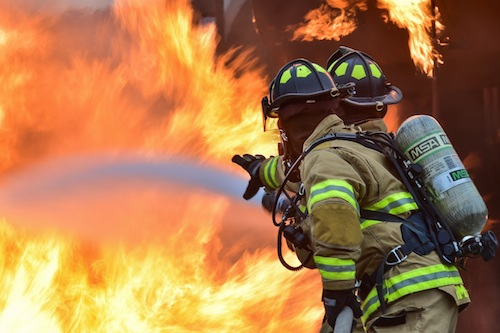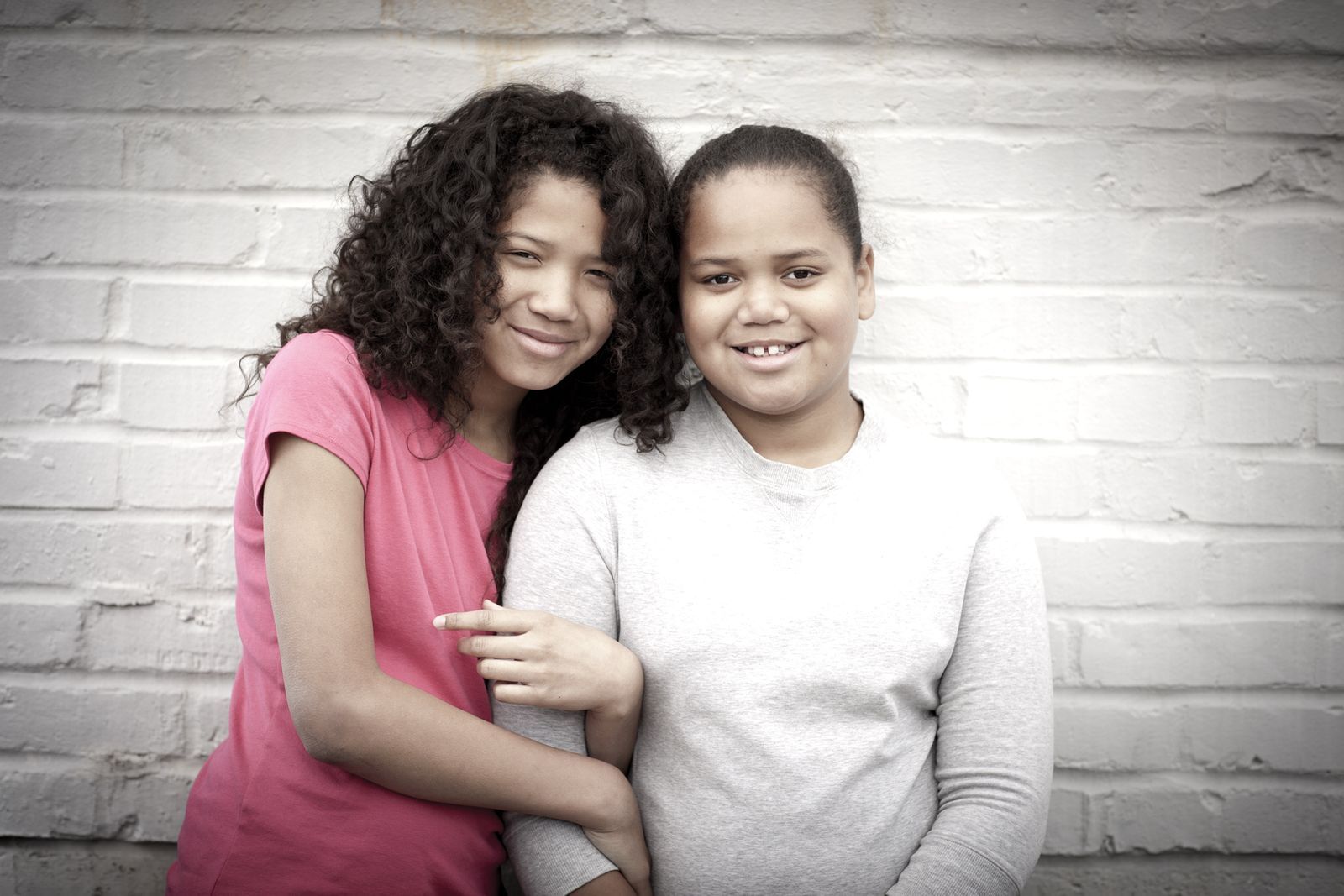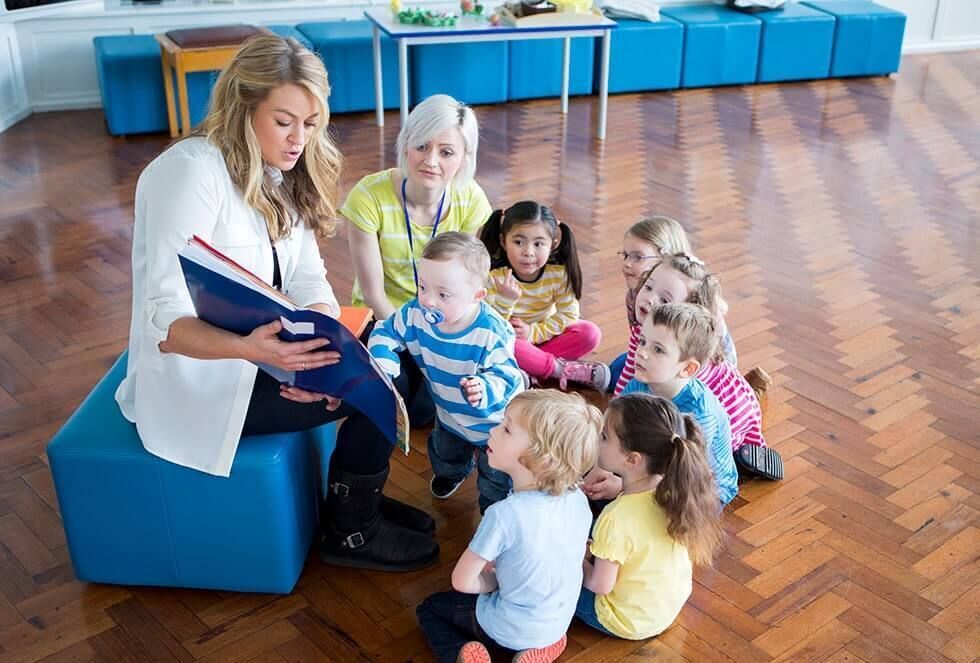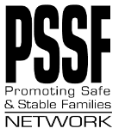
Floods, fires, hurricanes, earthquakes… we’ve seen them all. In recent weeks, powerful natural disasters have been popping up all over the world, including in the United States. We’ve watched the news with heartbreaking images of people who lost their homes, their belongings and even loved ones to the devastating impact of these disasters.
When leading an altruistic lifestyle, it’s vital for the national community to come together during times like these and show support for our neighbors. It can be difficult to decide how to give, what you can give or even where to give to. Today let's take a closer look at how to donate with a purpose to disaster relief.
1. Provide financially.
Some of the greatest support you can give to victims of a natural disaster is financial. Whether it’s $5 or $500, your contribution helps make a difference in providing necessary resources. The greatest benefit of a financial gift is the organization can use your donation for whatever they need, including some needs you probably wouldn’t be able to help with otherwise, such as providing medical equipment or temporary housing. Some donors may feel like financial gifts are less involved and “cold-hearted,” but in fact, they oftentimes fill the greatest area of support.
2. Give (valuable) supplies.
If financial giving doesn’t fit, helpful supplies are always appreciated. Before giving items, though, check and see what the organizations and victims in the area need most. While donations are always appreciated, unnecessary items can sometimes create issues themselves, when people don’t particularly need them and there is nowhere to store them. Check with the organization or knowledgeable volunteers beforehand to see what items are most needed, then give those to the disaster relief to help the area.
3. Donate blood.
In crisis situations such as these, blood is often a huge necessity that can sometimes be forgotten. If you’re able, consider donating to a national bank that can transport the blood to the disaster area. Your blood could be the difference in a life or death situation for a victim, so check out drives in your area and see if you can give.
4. Research the organization beforehand.
In order to donate with a purpose, you first want to be sure the organization you’re giving to is rooted in their purpose. Try to research organizations beforehand to find ones with low administrative fees, where your donation can reach the most victims possible. Check and see if the organization has their own employees and volunteers on the ground in the area, or if they work more to financially support other groups already there. Once you have a strong understanding of the agency, you can donate confidently and know your contribution is going directly to those most in need.
5. Find a local charity.
If national nonprofit organizations aren’t really your speed, search for local charities in the area that are working to support the victims. Oftentimes, local charities are great to donate through because of their lower administrative costs and more hands-on approach. Research organizations in the surrounding community and see if any are able to accept donations at the time for you to contribute.
With situations going on right now in the United States and across the world, it can be difficult to decide how to get involved with supporting the victims of natural disasters. Try out some of these tips to give your contribution value and help the most people possible.

















